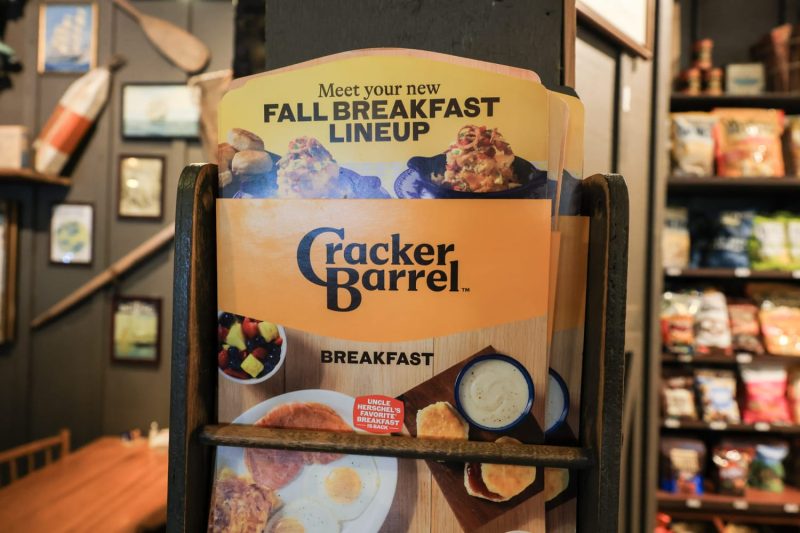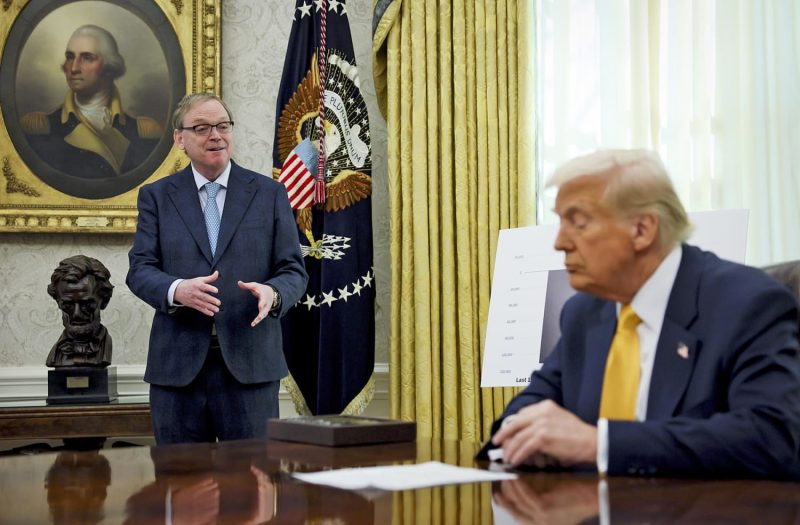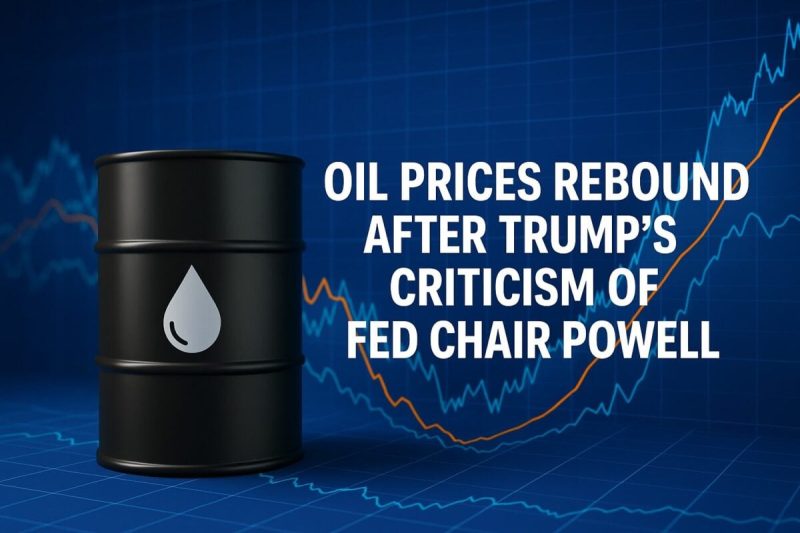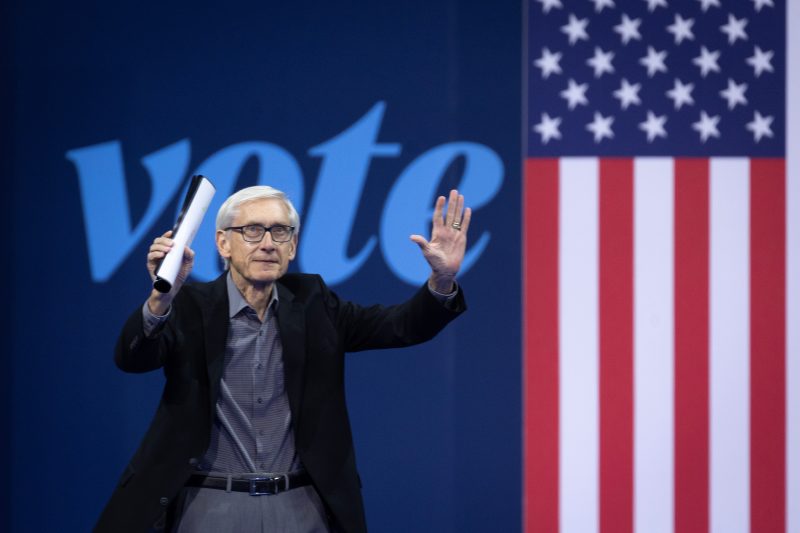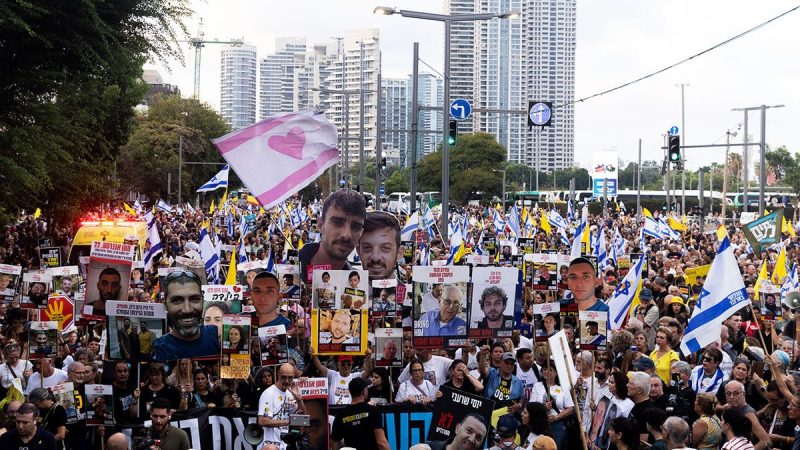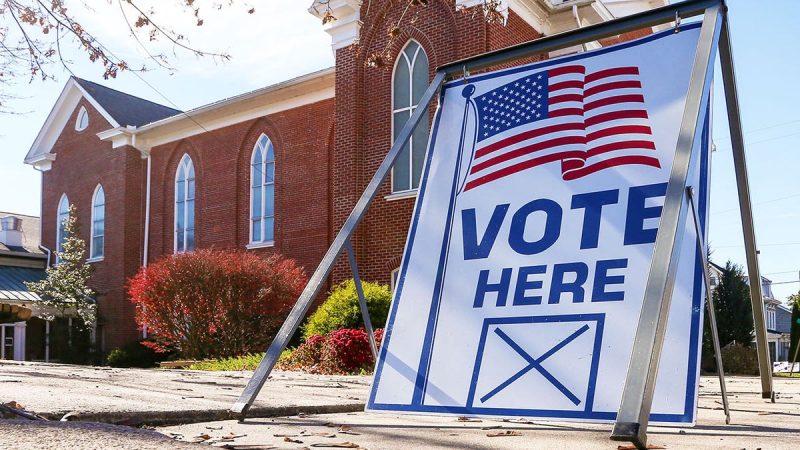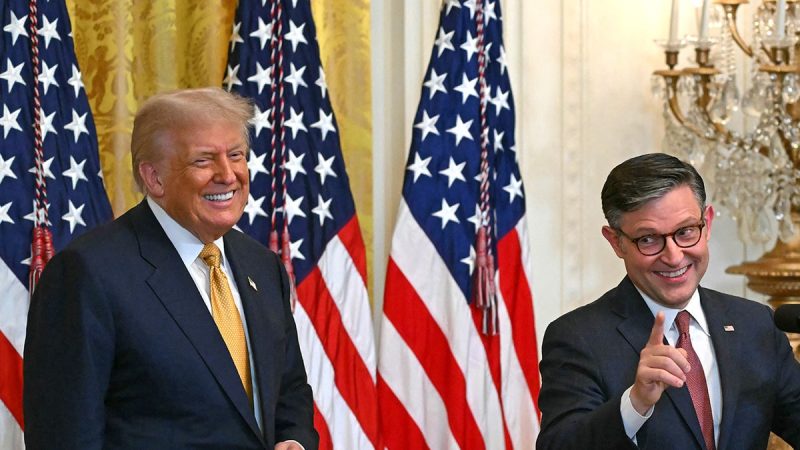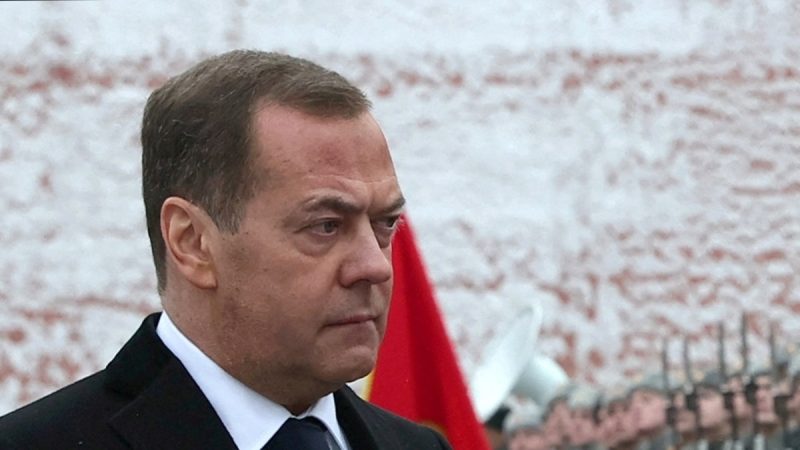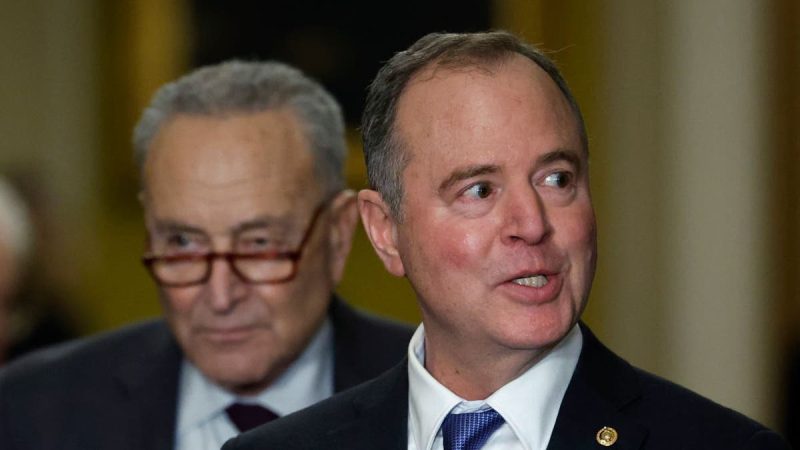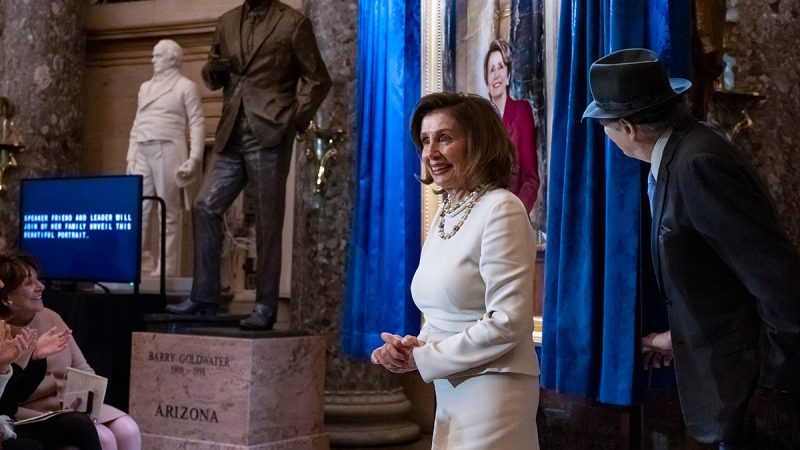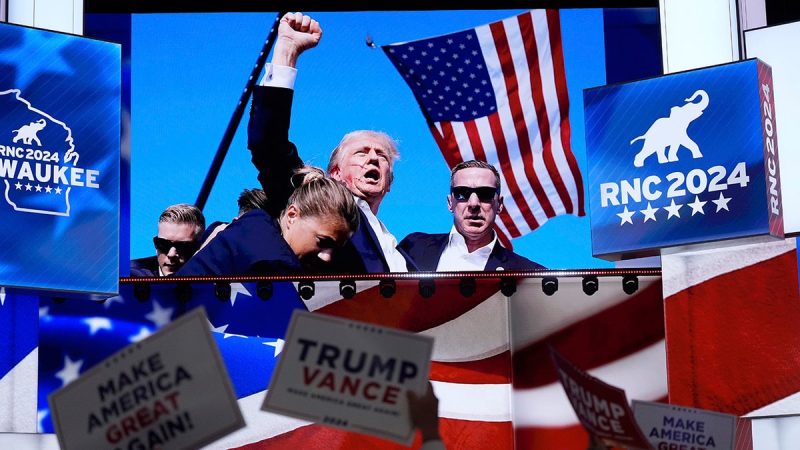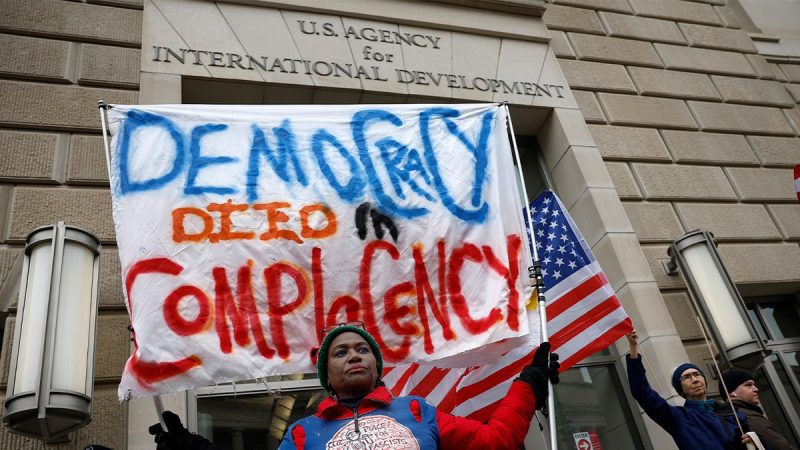
Lawyers for the Trump administration filed an emergency appeal to the Supreme Court on Tuesday night asking the justices to halt a lower court injunction and allow it to freeze billions in foreign aid spending previously allocated by Congress — kicking the issue of USAID funding back to the high court for the second time in roughly six months.
At issue is nearly $12 billion in funding allocated to the U.S. Agency for International Development (USAID), and owed by the end of the fiscal year in September. The majority of those funds were axed by President Donald Trump almost immediately after taking office, under the broader mantle of slashing foreign aid and eliminating so-called ‘waste, fraud, and abuse.’
U.S. Solicitor General D. John Sauer told the Supreme Court in an emergency filing Tuesday that, absent intervention from the high court, the Trump administration would be forced to ‘rapidly obligate some $12 billion in foreign-aid funds’ owed by September 30, or the end of the fiscal year.
Those payments have been held up in court for months, after President Donald Trump signed an executive order on his first day back in office in January seeking to block nearly all foreign aid spending, as part of his administration’s broader crackdown on waste, fraud, and abuse.
That order was blocked by a federal judge in D.C. earlier this year. That judge, U.S. District Judge Amir Ali, ordered the Trump administration to resume payments on billions of dollars in funding for USAID projects that were previously approved by Congress.
That order was overturned this month by the U.S. District Court of Appeals for the D.C. Circuit, which ruled 2-1 to vacate the lower court injunction.
The appeals court partly vacated Judge Ali’s injunction, rejecting a request from foreign aid groups that had sought to restore the grant payments. The 2-1 majority also ruled that the plaintiffs failed to show Trump had acted ‘plainly’ in excess of his executive branch authorities.
Writing for the majority, Judge Karen L. Henderson, a President George H.W. Bush appointee, said that the plaintiffs lacked the proper cause of action to sue the Trump administration over its decision to withhold the funds, or what is known as impoundment.
But the appeals court has not yet issued a mandate to enforce that ruling — meaning that, for now, the judge’s order, and the payment schedule he previously laid out — remains in place.
Sauer argued in the emergency Supreme Court appeal that the foreign aid groups, which sued the Trump administration this year in order to claw back some of the grant money, have no legal authority to challenge the executive branch on the matter, which is technically under the legal jurisdiction of the Impoundment Control Act.
‘Congress did not upset the delicate interbranch balance by allowing for unlimited, unconstrained private suits,’ Sauer wrote. ‘Any lingering dispute about the proper disposition of funds that the President seeks to rescind shortly before they expire should be left to the political branches, not effectively prejudged by the district court.’
Plaintiffs, for their part, have argued that the executive branch lacks the authority to unilaterally withhold already-appropriated funds, under the Impoundment Control Act (ICA), as well as the Administrative Procedure Act.
The Supreme Court previously ruled 5-4.




